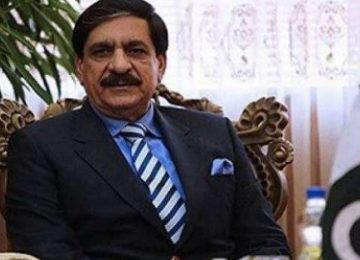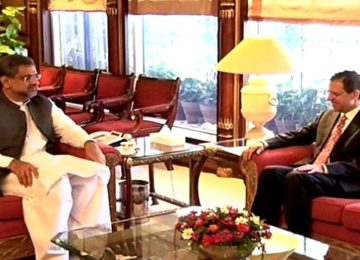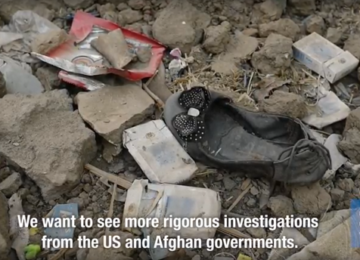March 21, 2019.
The US Secretary of State Mike Pompeo, in a recent interview, expressed concerns over possible “nuclear proliferation” from Pakistan, along with indirectly implicating Pakistan for the Pulwama attack in Kashmir last month. His response came after a question where the interviewer asked Pompeo to name major threats to US national security.
“Whether it’s the threat that we’ve talked about today from China, the nuclear proliferation risk that extends from Pakistan, through all those folks who have these weapon systems – places like North Korea where they can sell these weapon……” said Pompeo, while also listing China among the biggest threats to US national security.
One can easily connect the dots as to how Pompeo is using Pakistan as bait to pressurise and tackle China.
However, his nuclear proliferation concerns, in 2019, are both factually baseless as well as flimsy. First and foremost, these concerns are coming from an official whose country was the perpetrator of the Hiroshima and Nagasaki nuclear bombings in 1945, killing over 200,000 people. Secondly, Pompeo’s “concerns” might have generated from “flawed intel” provided to him by people who have little idea about the command and control mechanism of Pakistan’s nuclear programme.
One hopes that Pompeo would, at least, spend some time studying Indo-Pak wars along with the reasons that led to the nuclearization of both the neighbours. One also hopes that the Secretary of State would start seeing Pulwama attack in the backdrop of human rights violations and atrocities committed by the India armed forces in the Indian-occupied Kashmir. Only then can Pompeo start giving attention to the “real” causes of instability in South Asia, rather than using Pakistan’s nuclear programme as a diversion.
It also seems that Pompeo, with such statements, is also trying to “turn” President Trump against Pakistan; as both Islamabad and Washington have recently started actively cooperating on the Afghan peace process. Such lopsided and politically motivated expression of “concern” from Pompeo will, therefore, evaporate in thin air.
The US “ruling establishment” also needs to ensure that “spoilers” such as Mike Pompeo, by trying to play the decades’ old geopolitical games, do not risk the peace process in the region. Moreover, the US establishment now needs to play its role towards resolution of the Kashmir dispute to ensure lasting peace in the region. Only a peaceful resolution of the Kashmir dispute holds the key towards durable peace in the subcontinent. Moreover, such a peaceful resolution may also eventually help in convincing both India and Pakistan to sign both the NPT (Non-Proliferation Treaty) and CTBT (Comprehensive Nuclear-Test-Ban Treaty).
It seems that Secretary Pompeo, by playing on India’s side, is making a similar mistake that the Bush Administration made in 2001 while Invading Afghanistan. The US administration, back then, believed that it might be “easier to buy and hard to fight” the Afghans. However, USA failed in doing both; it could neither buy nor fight the Afghans. On the other hand, Pakistan was repeatedly asking for a negotiated settlement of the Afghan conflict. Unfortunately, the US arrived at this conclusion only after wasting 17 years, spending trillions of dollars and sacrificing around three thousand soldiers.
This should provide both Secretary Pompeo and India with a good case study to consider addressing the real “concerns” and human rights violations in Indian-occupied Kashmir. Externalising problems on Pakistan has neither helped the US in Afghanistan nor will it help India in Kashmir.
The author, Major Gen. Ijaz Hussain Awan, is a retired military officer and a security and defence analyst.
Source: CRSS Blog.








